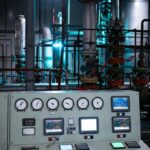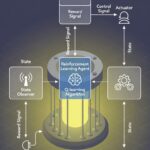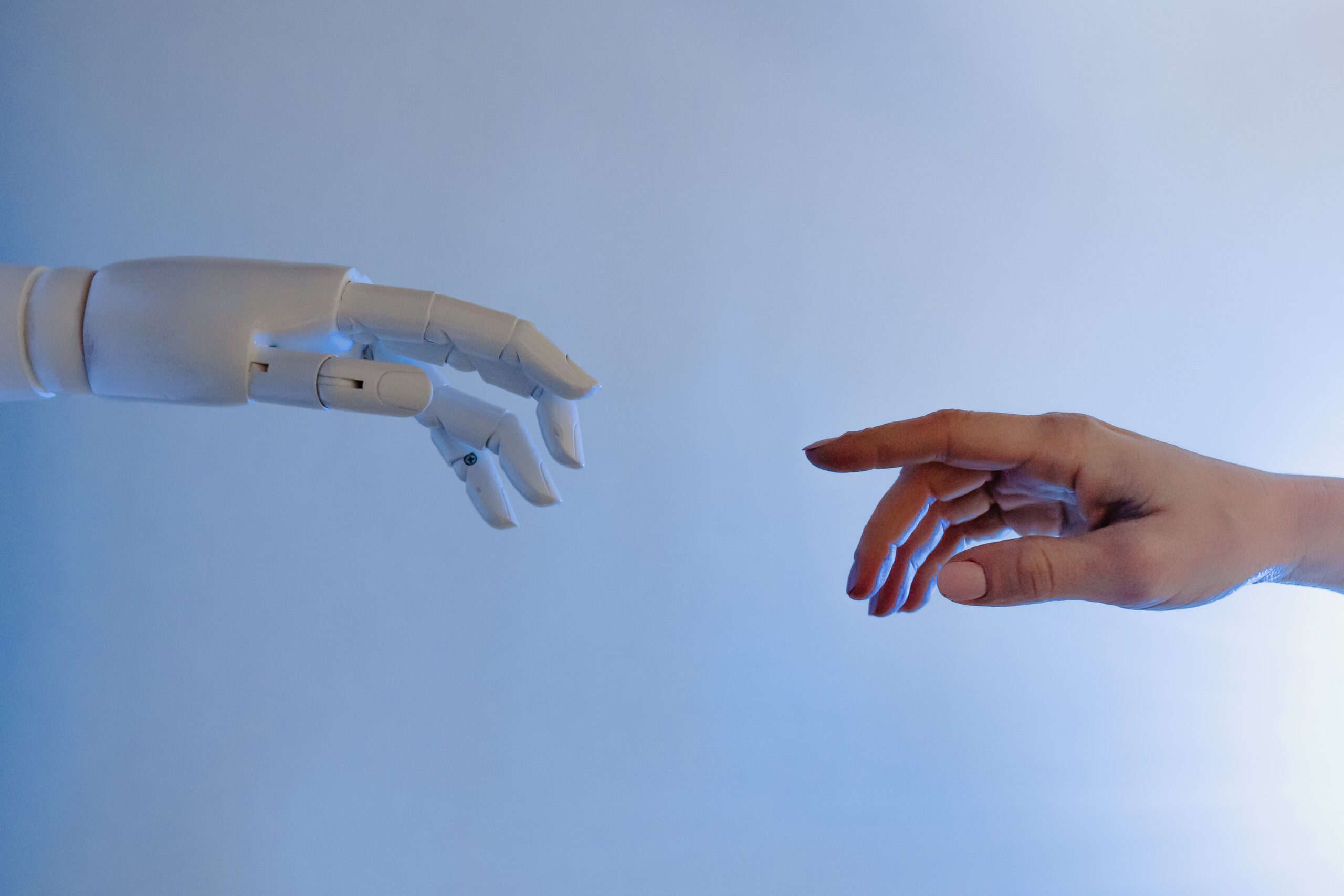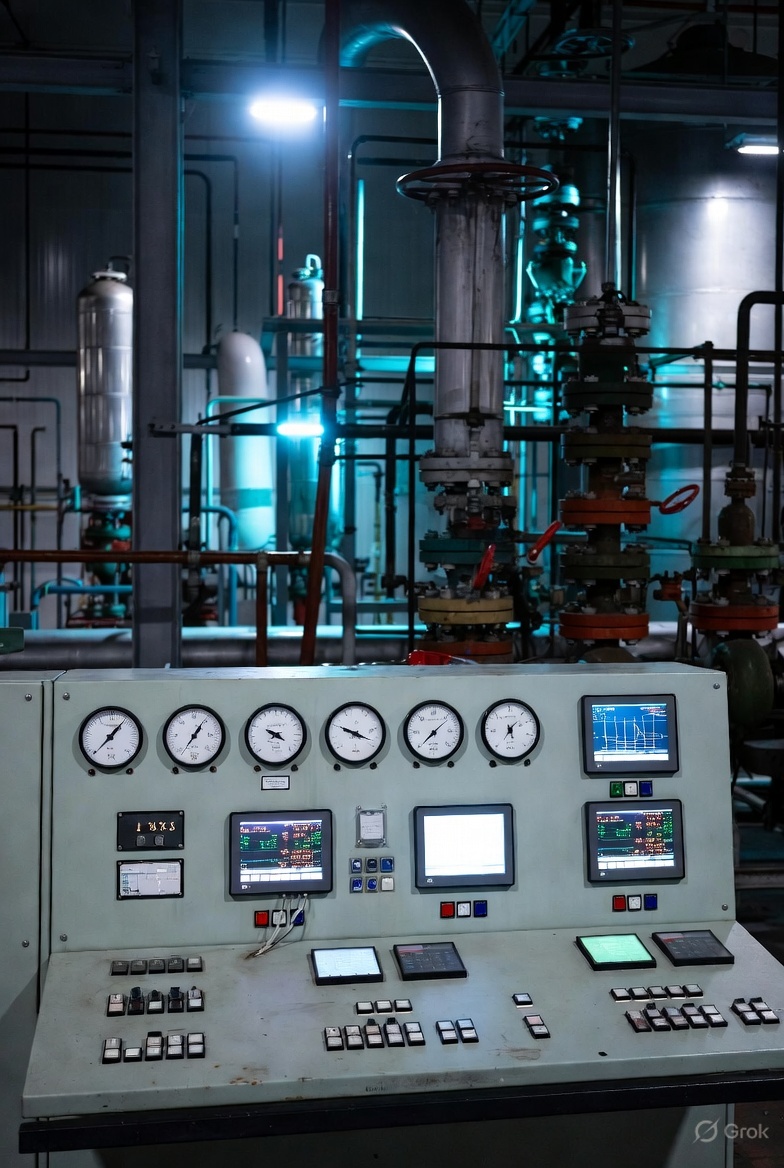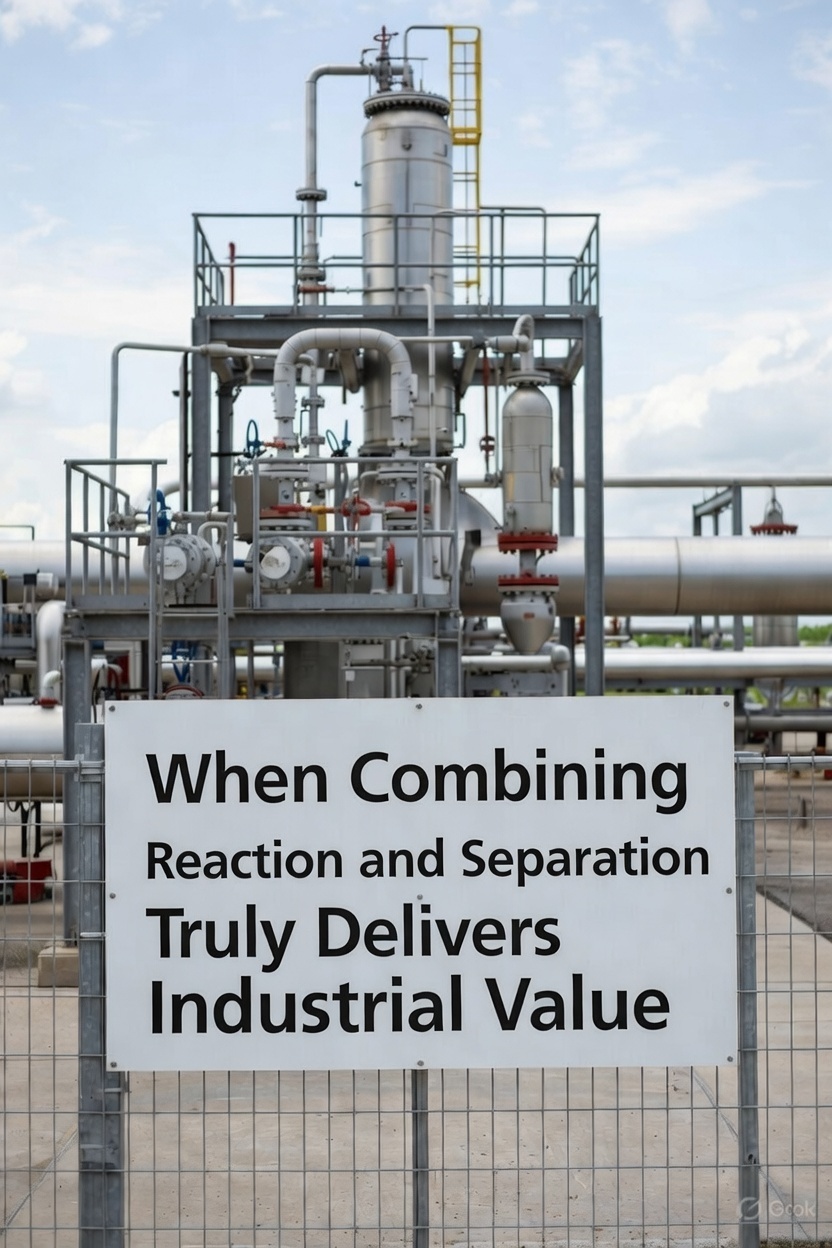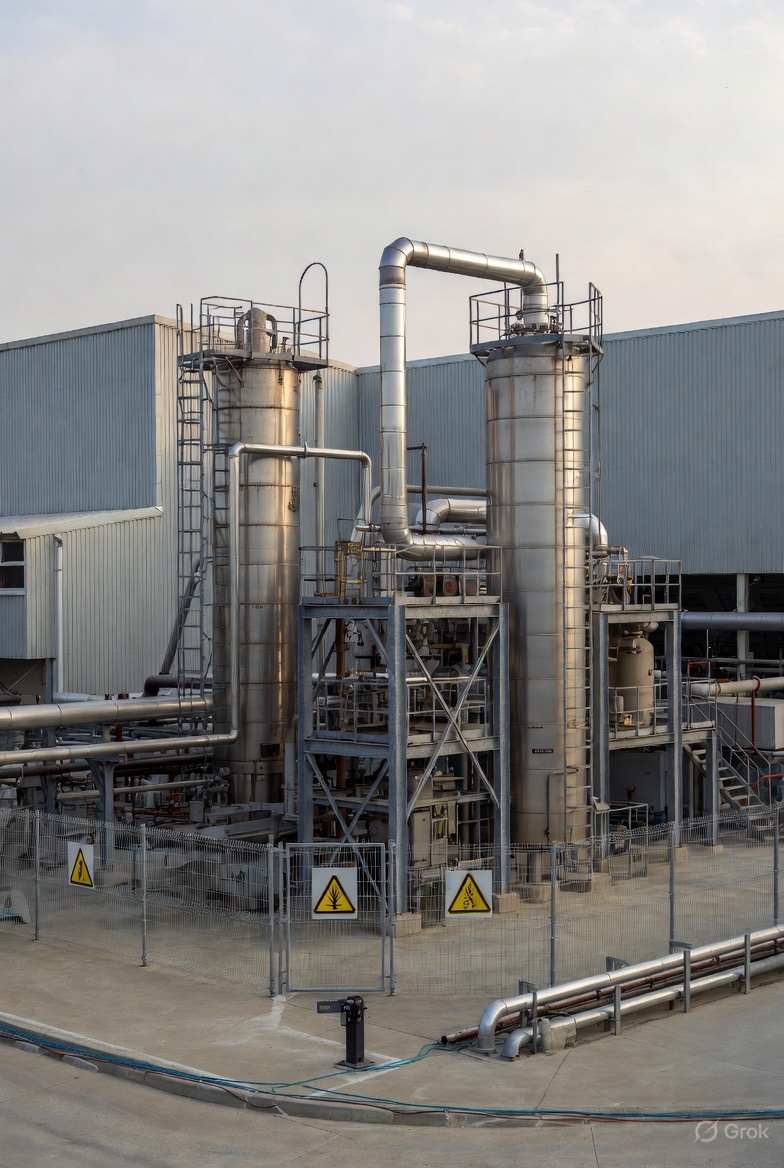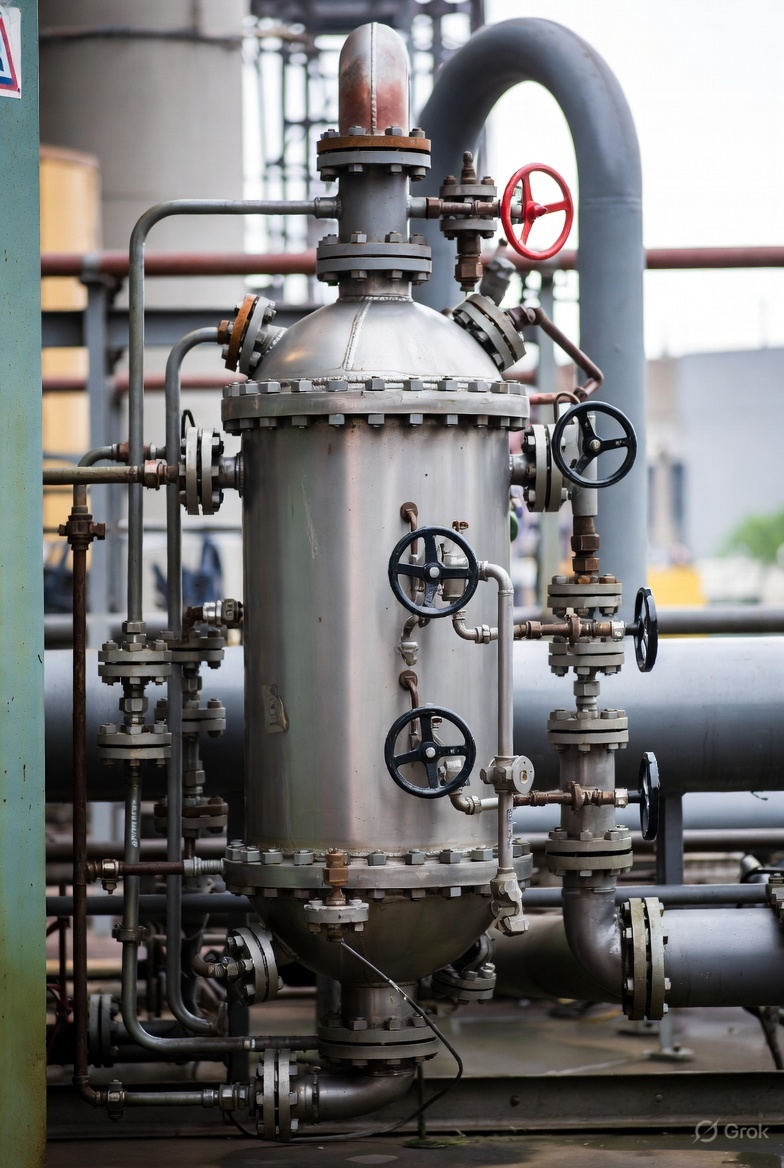Introduction: Artificial intelligence (AI) has revolutionized various industries, and chemical engineering is no exception. While AI brings immense potential for advancements and increased efficiency, it is also natural to question its impact on job security in the field. In this article, we explore the ways in which AI may affect job roles in chemical engineering, highlighting both the potential job displacements and the new opportunities that arise as a result.
Process Optimization: One of the significant impacts of AI in chemical engineering lies in process optimization. AI algorithms can analyze vast amounts of data, optimize parameters, and improve productivity while reducing waste. This has the potential to automate some traditional roles that involve manual process optimization. Chemical engineers who previously spent time on these tasks may find their roles shifting to overseeing and fine-tuning AI systems, ensuring their optimal performance, and handling exceptions. While some job displacements may occur, the emergence of new roles reflects the evolving nature of chemical engineering in the age of AI.
Data Analysis and Modeling: Data analysis and modeling are essential components of chemical engineering, aiding in decision-making, simulations, and predictions. AI excels in processing large volumes of data quickly and accurately. As a result, tasks that were previously performed manually, such as analyzing complex datasets or creating intricate models, may be automated using AI. This shift allows chemical engineers to focus on interpreting the insights generated by AI systems and applying their expertise to make informed decisions. Moreover, these professionals can refine AI models and algorithms, enhancing their accuracy and applicability.
Quality Control and Inspection: Maintaining quality control standards is vital in chemical engineering. AI-powered systems can perform real-time monitoring and inspection of production processes, ensuring consistency and identifying potential issues. While this may reduce the need for manual inspection, it also presents an opportunity for chemical engineers to specialize in overseeing AI systems. They can ensure the accuracy and reliability of AI-generated insights and intervene when exceptions or anomalies arise. These roles require a deep understanding of the chemical processes and a blend of technical and analytical skills.
Research and Development: AI has the potential to revolutionize the research and development (R&D) process in chemical engineering. By assisting in data analysis, simulations, and compound/material discovery, AI can accelerate the pace of innovation. While AI may automate routine tasks in R&D, it opens up avenues for chemical engineers to focus on higher-level decision-making, experimental design, and innovation. The expertise of chemical engineers is indispensable in understanding the nuances of chemical reactions, optimizing processes, and evaluating the feasibility and safety of new discoveries.
Collaboration and Communication: Effective collaboration and communication are essential in chemical engineering projects. AI can streamline routine communication tasks by automating data sharing, report generation, and documentation. This frees up valuable time for chemical engineers to concentrate on complex problem-solving, teamwork, and strategic decision-making. Chemical engineers can leverage their interpersonal skills, leadership abilities, and domain knowledge to drive effective collaboration between AI systems and human experts.
Adapting to Change: As AI continues to shape the future of chemical engineering, it is crucial for professionals in the field to adapt and embrace change. Upskilling in AI technologies, data analytics, and emerging fields will equip chemical engineers with the knowledge and skills required to excel in the evolving landscape. By staying at the forefront of technological advancements, chemical engineers can ensure their relevance and add value to their organizations. Additionally, fostering a culture of continuous learning and innovation within the industry will facilitate the integration of AI technologies into existing processes.
Conclusion: Artificial intelligence presents both challenges and opportunities for chemical engineering professionals. While some job roles may experience displacement due to automation, new avenues will emerge that demand a combination of technical expertise, critical thinking, and collaboration skills. Chemical engineers can leverage their domain knowledge to work alongside AI systems, maximizing their benefits and ensuring their optimal performance. By embracing change, upskilling, and focusing on higher-level tasks that require human ingenuity, chemical engineers can pave the way for a successful and fulfilling future in the age of AI.

